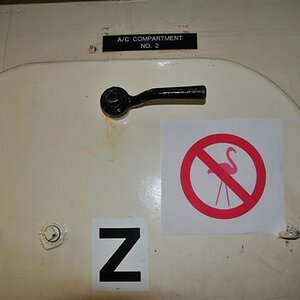Exhibiter
TPF Noob!
- Joined
- May 15, 2009
- Messages
- 28
- Reaction score
- 0
- Location
- Michigan
- Can others edit my Photos
- Photos OK to edit
I going to try to sell photography at art fairs. I've decided on what I'm going to photograph, horses and barns.
Will I need property releases to sell the photographs.
Any help will be greatly appreciated.
Will I need property releases to sell the photographs.
Any help will be greatly appreciated.




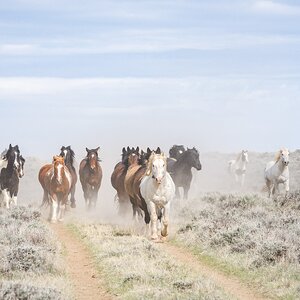
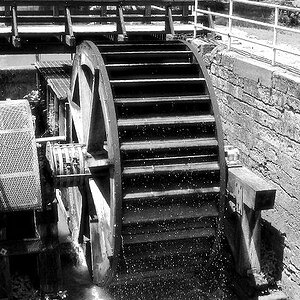


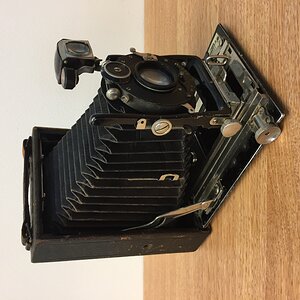
![[No title]](/data/xfmg/thumbnail/31/31753-281132967af6a422c89bcc0d6f16499a.jpg?1619734991)
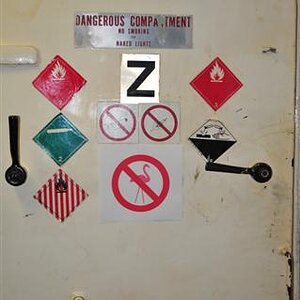
![[No title]](/data/xfmg/thumbnail/41/41904-bc50f4d1903ad14e244dbad5cf8e5aa4.jpg?1619739940)

